A Simple Guide to Diving License Levels
Find out about diving license levels and certifications to unlock new underwater adventures.
What it takes to explore the underwater world? As someone who's taken the plunge, I can tell you it's an incredible experience. Before you gear up, it's helpful to understand the different diving license levels. Let's jump in and see what each level means for your underwater adventure!
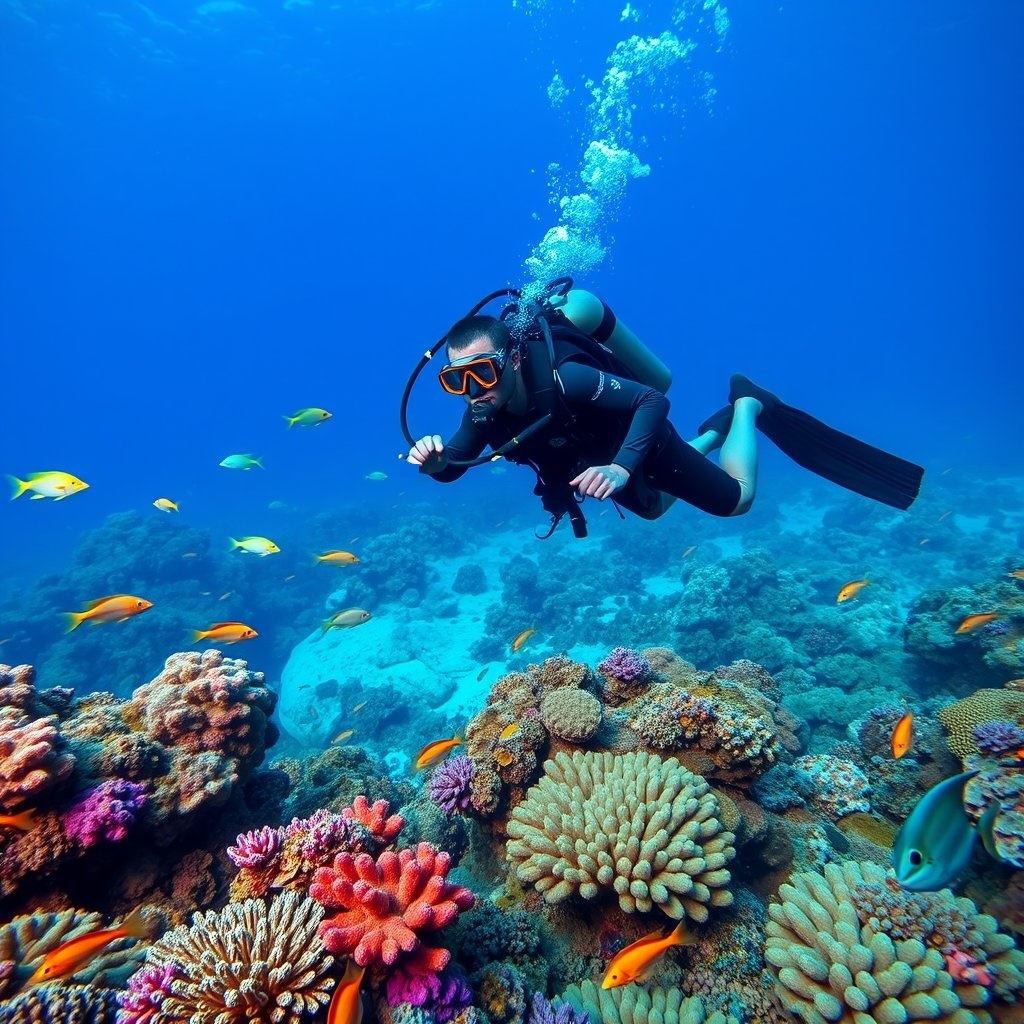
What Are Diving License Levels?
Diving license levels are certifications that show your training and experience in scuba diving. They ensure divers have the skills needed to dive safely. From beginners to experienced divers, each certification lets you explore new depths and enjoy new adventures.
Beginner Certification: Open Water Diver
The Open Water Diver certification is your entry ticket to scuba diving. This starting course teaches you the basics, including safety rules, how to use the gear, and how to move underwater.
Depth Limit: Up to 60 feet (18 meters)
Course Includes: Classroom learning, practice in a pool or confined water, and dives in open water
Who It's For: Anyone ready to start their diving journey
After completing this certification, you can dive with a buddy without needing a professional guide. It's the first step toward many underwater experiences.
Advancing Your Skills: Advanced Open Water Diver
Want to improve your diving skills? The Advanced Open Water Diver certification builds on what you've learned and introduces you to new types of diving.
Depth Limit: Up to 100 feet (30 meters)
Course Includes: Five adventure dives, like deep diving and underwater navigation
Who It's For: Open Water Divers seeking more experience
This level lets you try different kinds of diving, such as night diving, exploring shipwrecks, or underwater photography. You get to choose the dives that interest you most.
Specialty Courses and Certifications
Everyone enjoys different aspects of diving. Specialty courses let you focus on what interests you.
Enriched Air (Nitrox) Diver
Benefit: Stay underwater longer using air mixes with more oxygen
Great For: Divers wanting to extend their bottom time safely
Wreck Diver
Benefit: Explore sunken ships and other underwater structures
Great For: Those fascinated by history and adventure
Deep Diver
Benefit: Dive deeper than 100 feet (30 meters)
Great For: Divers looking to safely explore deeper waters
These specialties help you learn new skills and make each dive more exciting.
Becoming a Rescue Diver
The Rescue Diver certification focuses on helping others and handling emergencies.
Focus: Preventing and managing diving emergencies
Skills Learned: How to assist yourself and others, emergency response
Who It's For: Advanced divers wanting to enhance safety skills
This level can be challenging but very rewarding. It builds your confidence and makes you a better dive buddy.
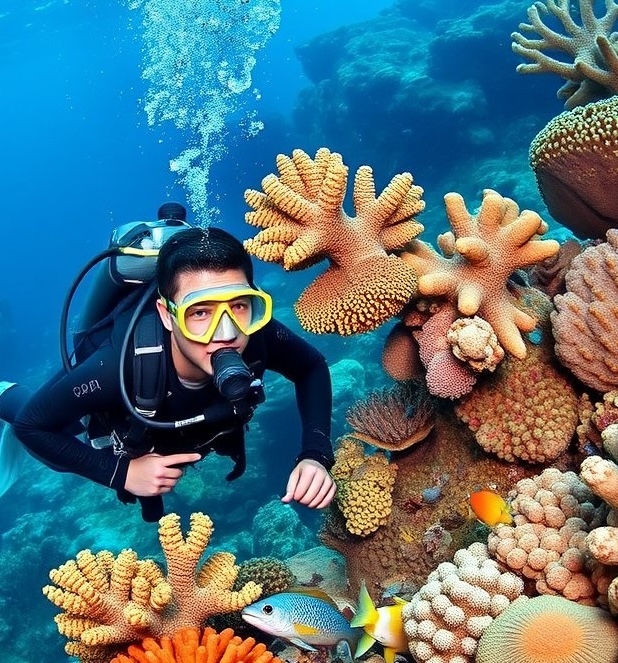
Professional Levels: Dive Master and Beyond
If you want to make diving your job, there are professional certifications.
Dive Master
Role: Lead certified divers and assist instructors
Requirements: Rescue Diver certification, first aid training, and a certain number of logged dives
Open Water Scuba Instructor
Role: Teach and certify new divers
Requirements: Dive Master certification and completion of instructor courses
These certifications let you share your love for diving and work in the diving industry.
Why Certification Matters
Getting certified isn't just about having a card; it's essential for safe diving.
Safety: Learn important rules and skills to prevent problems
Confidence: Build abilities for different diving situations
Access: Certifications are needed to rent gear and join dive trips
Proper training prepares you for the wonders beneath the waves.
Choosing the Right Certification Agency
Several organizations offer scuba certifications, like PADI, SSI, and NAUI. While each has its own style, all follow international standards.
Think About: Course options, instructor experience, and learning materials
Tip: Talk to local dive shops or instructors to find the best fit
Choosing the right agency sets the stage for your diving education.
Health and Safety Requirements
Before you start diving, there are some health and safety points to consider.
Medical Check: You might need to fill out a health questionnaire or see a doctor
Swimming Skills: Basic swimming ability is required
Age Limits: Different certifications have minimum age requirements
Being fit to dive helps ensure your safety and enjoyment.
Equipment Overview
Diving uses special equipment to keep you safe and comfortable underwater.
Mask and Snorkel: For seeing underwater and breathing at the surface
Fins: To move efficiently underwater
Regulator: Delivers air from your tank
Buoyancy Control Device (BCD): Helps you float or sink
Dive Computer: Keeps track of your depth and time underwater
Wetsuit or Drysuit: Keeps you warm
Many dive centers offer gear rentals, so you don't have to buy everything at once.
Dive Environments and Conditions
Diving can take you to many different places.
Coral Reefs: Full of colorful marine life
Wrecks: Sunken ships to explore
Cold Water Diving: Requires special gear like drysuits
Cave Diving: An advanced environment needing special training
Each environment offers unique experiences and challenges.
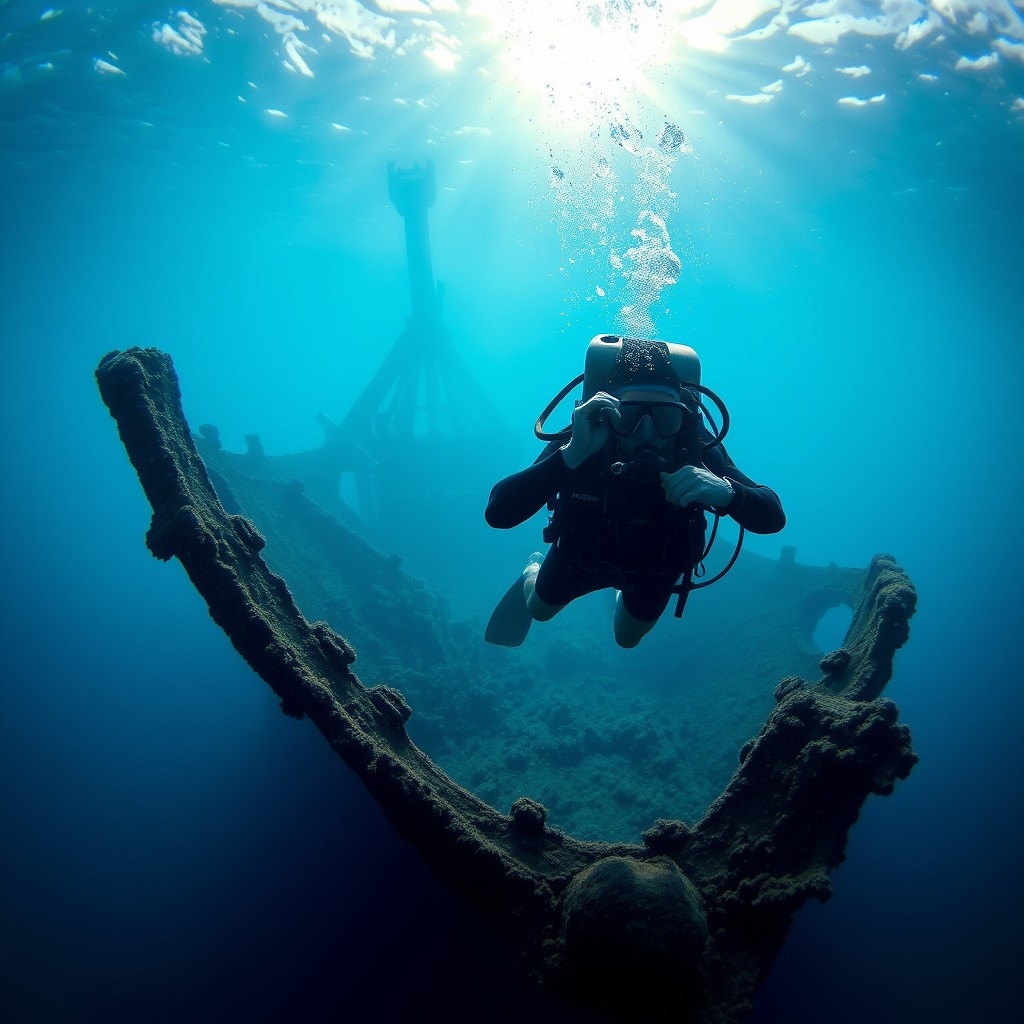
Diving Around the World
Diving in different countries can vary.
Certification Acceptance: Most certifications are accepted worldwide
Local Rules: Some places have specific regulations
Environmental Awareness: Be mindful of local marine life and conservation efforts
Research your destination to make your diving experience smooth.
The Benefits of Diving
Scuba diving offers many perks besides just being fun.
Physical Fitness: Improves strength and flexibility
Mental Well-being: Reduces stress and promotes relaxation
Connection with Nature: Experience the beauty of the underwater world
Social Aspect: Meet other divers and make new friends
Diving can enrich your life in many ways.
Keeping Your Skills Fresh
Certification is just the beginning. Regular practice helps keep your skills sharp.
Dive Often: Gain experience in different conditions
Refresh Skills: Take refresher courses if you've been out of the water for a while
Keep Learning: Pursue new certifications or specialties
Staying active helps you become a better diver.
Tips for Choosing a Dive School or Instructor
Picking the right place to learn is important.
Reputation: Look for schools or instructors with positive reviews
Class Size: Smaller classes offer more personal attention
Equipment Condition: Well-maintained gear is safer
Teaching Style: Find an instructor whose style matches how you learn best
Don't hesitate to ask questions before signing up.
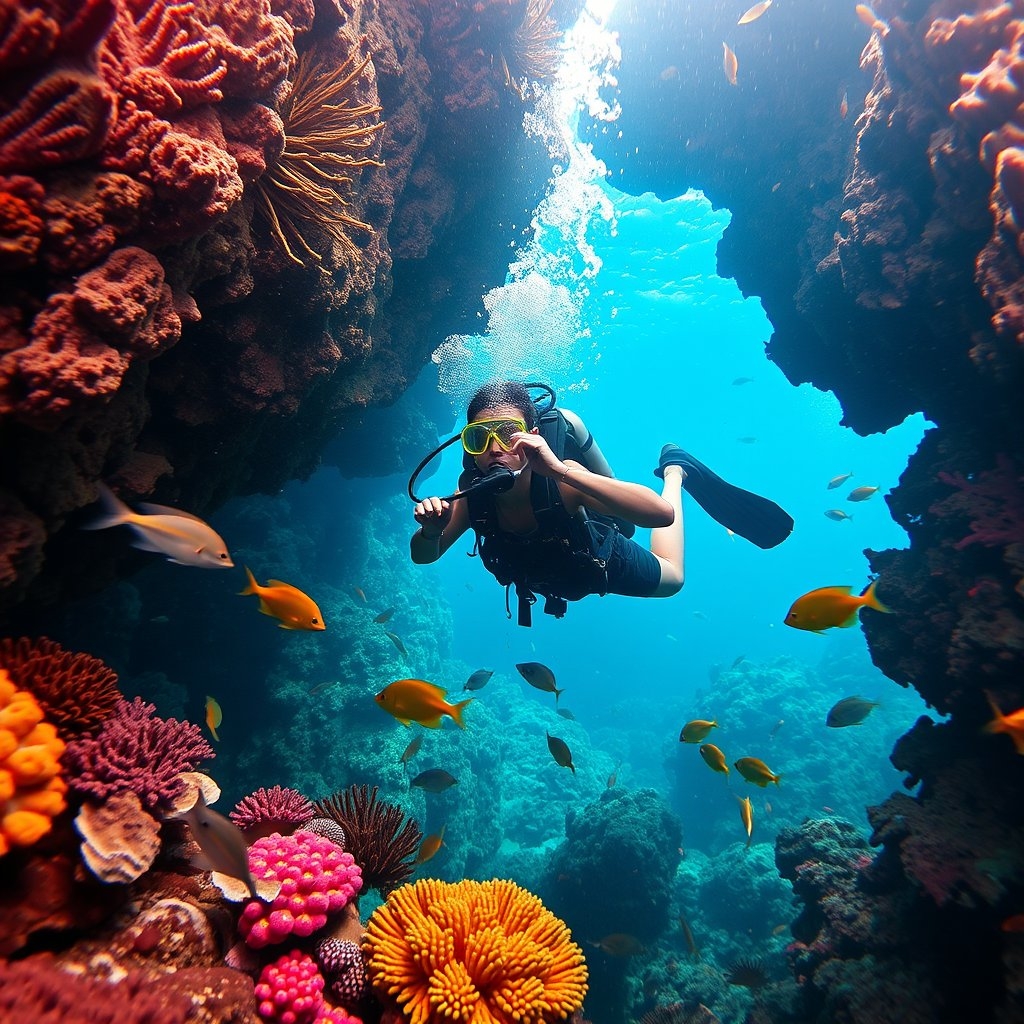
Common Myths About Scuba Diving
There are some misunderstandings about diving.
"Diving is dangerous." With proper training and by following safety rules, diving is considered safe.
"You need to be an excellent swimmer." Basic swimming skills are enough.
"It's too expensive." While there are costs, there are also affordable options.
Knowing the facts can help you make the best decision.
Ready to Dive In?
Starting your scuba diving journey is exciting! Understanding diving license levels is the first step. Each certification opens up new possibilities, from exploring colorful reefs to visiting mysterious wrecks. So get your gear, get certified, and discover the adventures waiting for you beneath the waves!
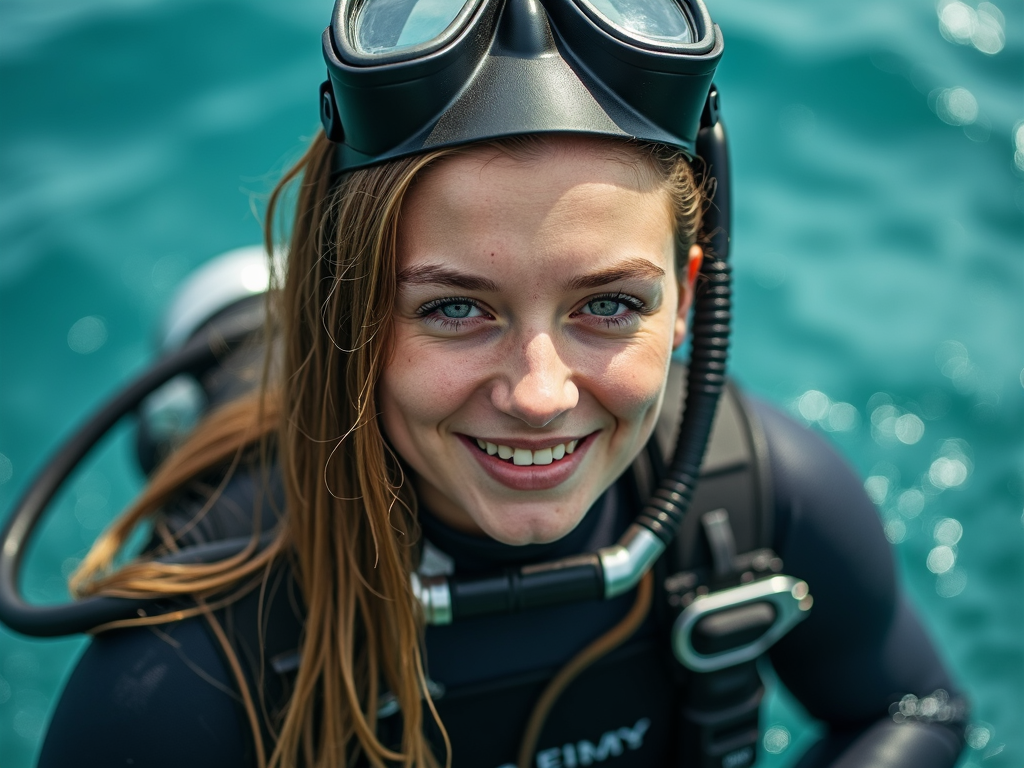
I'm a scuba enthusiast, and marine life lover. I enjoy writing about my diving adventures and sharing my knowledge with others.

I'm a passionate scuba diver and love to share my experiences with you. I enjoy writing about my experiences and sharing my knowledge with others.